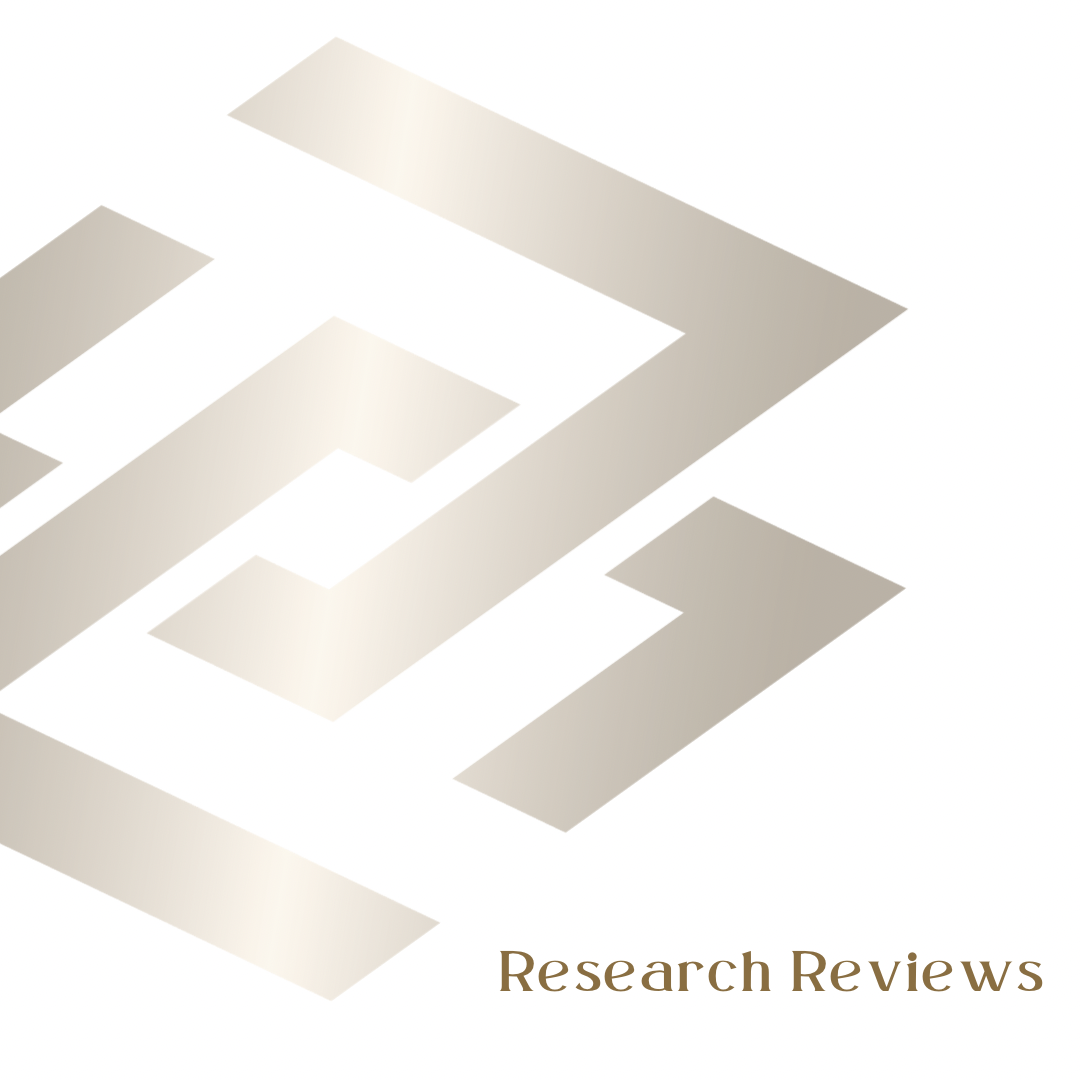|
Study Title: Medical Therapies for Concussion
Authors: W. Meehan Journal: Clinics in Sports Medicine Date: 2011 Summary:
Meehan WP. (2011). Medical therapies for concussion. Clinics in Sports Medicine, 30; 115-124.
0 Comments
Leave a Reply. |
